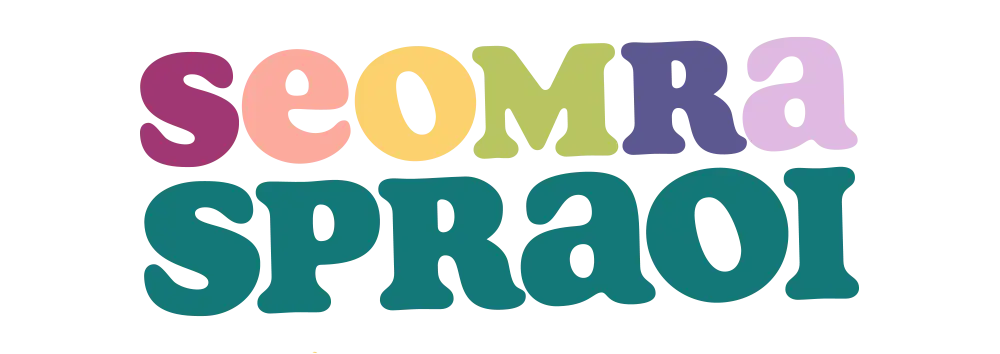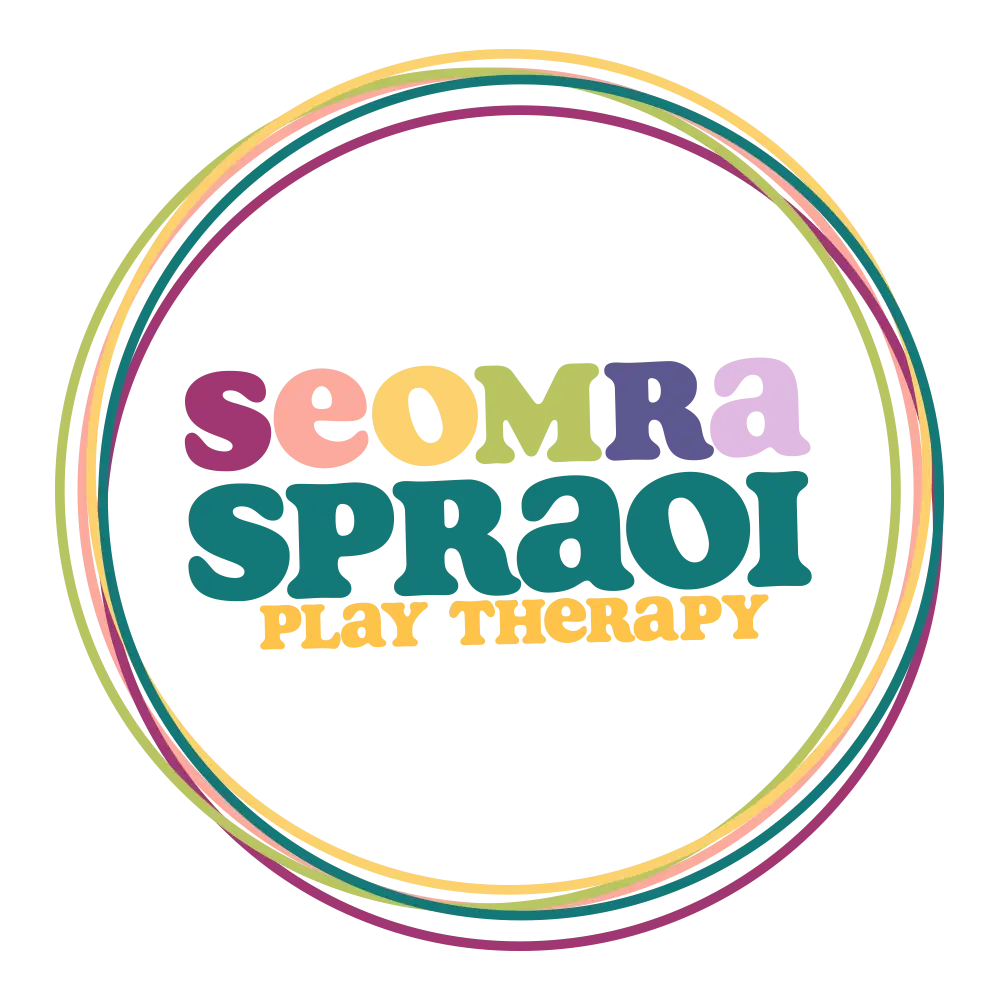
Play Therapy
in the Fairview Therapy Centre
Dublin 3
For Children aged 3 to 12 years.
What is Play Therapy?
Play Therapy offers children a place to express themselves in their own way, at their own pace, through play, creative mediums (art materials, paint, clay…), and sensory activities (sand play, movement, music…).
Who Can Benefit from it?
Children from 3 to 12 years old can benefit from Play Therapy.
It can help with :
- Anxiety
- Separation anxiety / school refusal
- Emotion regulation
- Confidence and Self Esteem
- Loss and Bereavement
- Physical Illness in the Family
- Divorce and Separation
- Communication and Social Skills
- Diversification of interest / learning how to play
How does it work?
It is primarily a non-directive approach, as we believe in letting the child’s process unfold, so children lead in the Play Therapy room. They choose what they would like to do with the material available, expressing themselves that way, and the therapist is there to listen to them, provide a safe space, and can sometimes also offer specific material or activities if they feel it would benefit the child’s process.
Some of the activities may include:
- Sand Tray
- Art
- Music
- Clay
- Slime
- Puppets
- Creative visualisation
- Therapeutic storytelling
- Dance & Movement
- Masks
What can the parents do to help?
It is very important for the parent-s/guardians to commit to the full cycle of therapy and respect the child’s time and space by letting them experience it without questioning them about it. Engaging into therapy can be intense so best is for the parent-s/guardians to be supportive and listen to them if they wish to tell them about it. As the content of the sessions is confidential, the therapist doesn’t talk about it either, but can give the parent-s/guardians advice, insights, ideas on what could be put in place at home, or in school.
Psychomotor Therapy
Psychomotor therapy is an approach which considers the individual in their entirety, integrating body and mind. It takes in account children’s motor skills development, as well as their emotional, affective, and sensory development, to tailor activities and games to support them and help them grow through their difficulties. It is very common in France, Switzerland, Italy, Portugal… but hasn’t been developed in Ireland (yet).
Elisa uses her previous training as a Psychomotor Therapist to support certain children with additional needs (ASD, ADHD, sensory processing disorders, etc) with more movement and sensory-oriented activities.
What is the process of play therapy?
Step 1
The support starts with an initial intake meeting with both parents (if possible), during which the child’s situation and needs are discussed.
Step 2
A minimum of 12 weekly sessions are contracted then.
Step 3
For the first few sessions, the child usually explores the space, the therapist and the child get to know each other better, and they start engaging into the process.
Step 4
By week 4-6, the child is usually starting to express their needs, and the therapist might start to introduce certain activities if they feel that it might help them. The child’s behaviour / difficulties might get worse at first, as they start to express themselves more.
Step 5
At week 10, the therapist and the child’s parent-s/guardians meet again for a review meeting, to assess the child’s progress and decide whether they need more sessions or not.
Step 6
Depending on the decision they make then, they either recontract for additional sessions or start the process of ending the therapy (saying goodbye, etc).
About Elisa
Elisa is a certified Play Therapist who has extensive experience working with children individually and in groups. She has studied Psychology in France, has studied in Trinity College as an exchange student for one year, studied Psychomotor Therapy in Switzerland, and completed her diploma in Play Therapy with the Academy of Play and Child Psychotherapy (APAC). She is accredited by the National University Of Ireland Galway and by the University of Leeds, in the UK.
She is regularly Garda vetted and is fully insured. She also attends regular clinical supervision to ensure her work maintains the highest professional standards. She attends Continuing Professional Development to expand and broaden her expertise.
She is a member of Play Therapy Ireland and the Irish Play Therapy Community Association.
Qualifications:
Bachelor of Science in Psychology (University of Toulouse, France)
One year studying psychology in Trinity College in Dublin
Bachelor of Science in Psychomotor Therapy (HETS, Geneva, Switzerland)
Post Graduate Certificate in Therapeutic Play Skills (NUI Galway and Play Therapy International)
Post Graduate Diploma in Play Therapy (University of Leeds and Play Therapy UK)
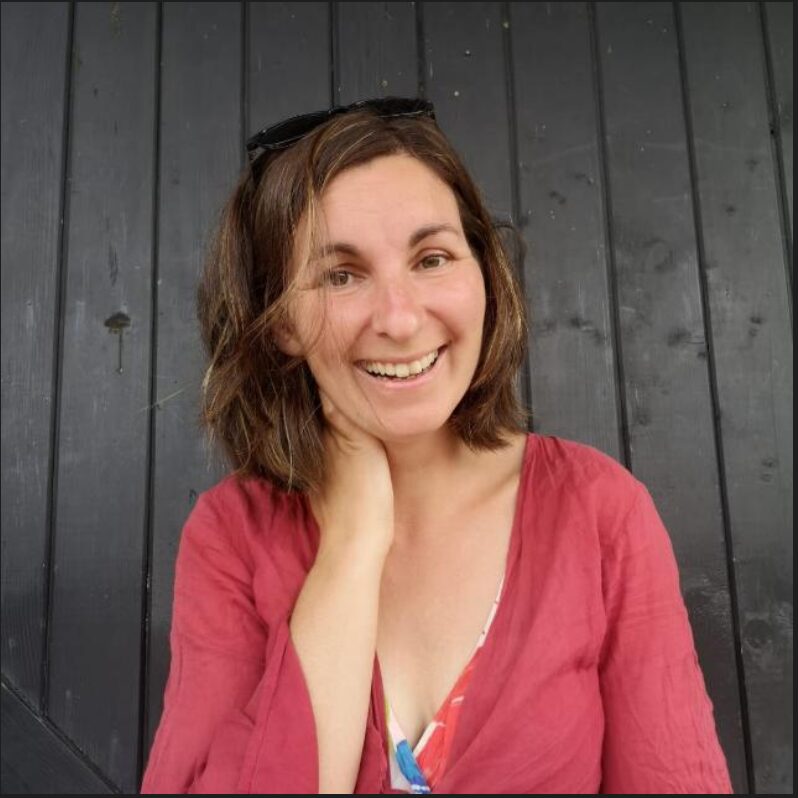
Affiliations

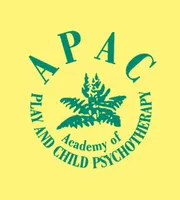
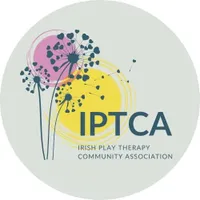
Safeguarding Policy
I regularly train with TUSLA to follow safeguarding procedures in case of a disclosure or if there is concern for a child’s safety. I explain this to the children too, so that they know that confidentiality cannot be maintained if there is a risk for their safety.


Contact Seomra Spraoi
29 Fairview Strand, Fairview, Dublin, D03 K6K2
It is easily accessible by bus. Clontarf Dart Station is also a few minutes walk away.
If travelling by car, there is paid parking next to the church of Visitation of the Blessed Virgin Mary (€2 Per Hour), and in the adjoining streets.
